- California Assembly OKs highest minimum wage in nation
- S. Korea unveils first graphic cigarette warnings
- US joins with South Korea, Japan in bid to deter North Korea
- LPGA golfer Chun In-gee finally back in action
- S. Korea won’t be top seed in final World Cup qualification round
- US men’s soccer misses 2nd straight Olympics
- US back on track in qualifying with 4-0 win over Guatemala
- High-intensity workout injuries spawn cottage industry
- CDC expands range of Zika mosquitoes into parts of Northeast
- Who knew? ‘The Walking Dead’ is helping families connect
U.S. snubs S. Korea’s call on Abe
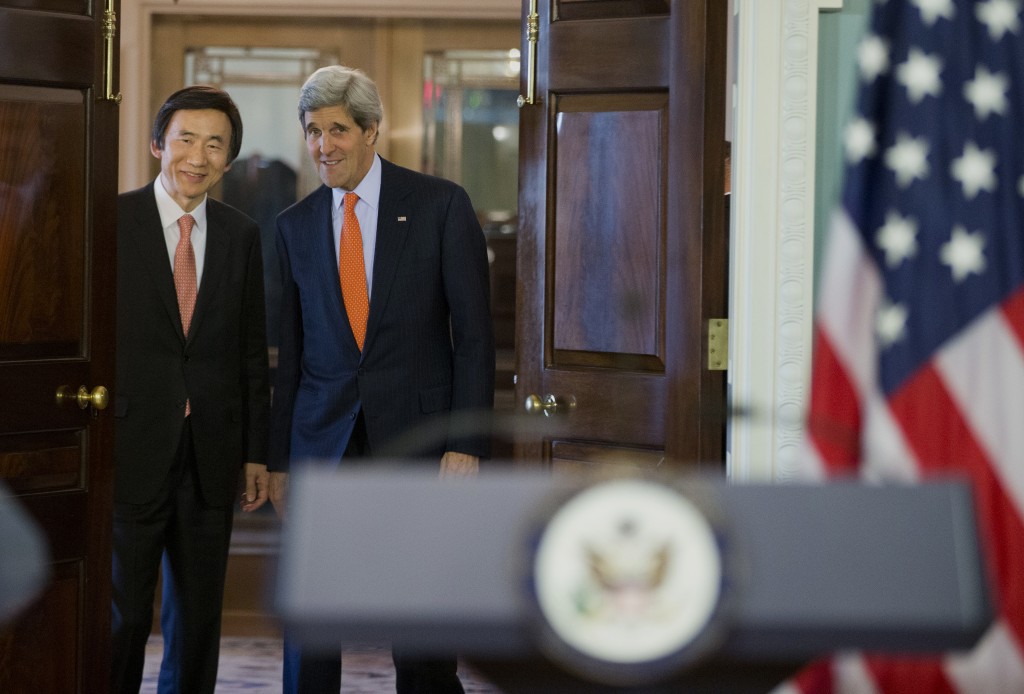
Secretary of State John Kerry, right, and South Korean Foreign Minister Yun Byung-se arrive to deliver statements after a meeting at the State Department in Washington, Jan. 7, 2014. (AP Photo/ Evan Vucci)
By Chung Min-uck
U.S. Secretary John Kerry ignored an invitation by South Korea to join in the condemnation of Japanese Prime Minister Shinzo Abe’s visit to Tokyo’s Yasukuni Shrine.
Foreign Minister Yun Byung-se told a press conference after holding talks with Kerry in Washington, Tuesday, “I pointed out that historical issues stand in the way of reconciliation and cooperation in the region. And I emphasized the need for sincere actions (by Japan).”
“The secretary and I agreed to strengthen our efforts to alleviate tension and promote peace and cooperation in Northeast Asia,” Yun added.
His U.S. counterpart, however, did not mention the sensitive issue of history disputes that are currently undermining relations between countries in Northeast Asia. Instead, he voiced optimism over the future of the Korea-U.S. alliance.
“The relationship between our two nations has always shown its ability to be able to adapt, to face new challenges,” Kerry said. “And it is clear that the foundations of this relationship are built to endure.”
Kerry’s words and attitude are in line with criticism brought upon the U.S. that the country, which exercises the biggest influence on its ally Japan, is not taking “sincere actions” in pressing Tokyo about its latest provocations.
Abe, a hawkish right-winger, made a visit to the contentious shrine last month and drew an unprecedented reaction from the U.S., which said in a statement that it was “disappointed.”
But Washington’s verbal expression on the issue never translated into action despite Seoul’s call for the U.S. to break its silence and get actively involved in resolving the crisis.
Abe was the first Japanese premier in seven years to pay his respects at the shrine, knowing the move would aggravate Tokyo’s relations with its neighbors, including Seoul and Beijing who suffered from Japan’s militarism during World War II (1939-45).
“The U.S. must consider its relationship with Japan, which serves as the cornerstone in Washington’s Northeast Asia policy of deterring the North Korean threat and checking China’s military rise,” said an insider on condition of anonymity. “Washington will try to persuade Korea to maintain good relations with Japan.”
Meanwhile, Yun and Kerry agreed that the allies will deal sternly with any future North Korean provocations.
The two sides also agreed to strengthen bilateral consultation, and to expand the channel to other regional players including China and international bodies such as the United Nations.
“The U.S. and the Republic of Korea stand very firmly united without an inch of daylight between us, not a sliver of daylight, on the subject of opposition to North Korea’s destabilizing nuclear and ballistic missile programs and proliferation activities, and the international community stands with us,” said Kerry during the press conference.
Kerry said the Barack Obama administration supports President Park Geun-hye’s “firm, principled approach” toward North Korea, calling for Pyongyang to choose a path of denuclearization.
“We will not accept North Korea as a nuclear state, nor as a nuclear-armed state,” he said. “We will continue to modernize our capabilities so that we are prepared to face any threat.”
Yun, apparently referring to the purging and execution of Jang Song-thaek, the once-powerful uncle of North Korean leader Kim Jong-un, said, “In the event of any North Korean provocation, South Korea and the United States will firmly respond based on our robust combined defense posture.”







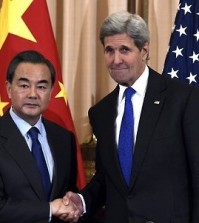
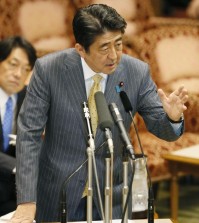
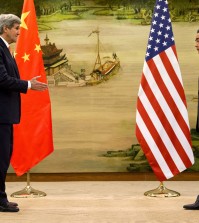
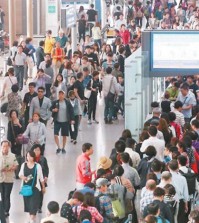

![일본 사도광산 [서경덕 교수 제공. 재판매 및 DB 금지]](http://www.koreatimesus.com/wp-content/uploads/2024/07/PYH2024072610800050400_P4-copy-120x134.jpg)


